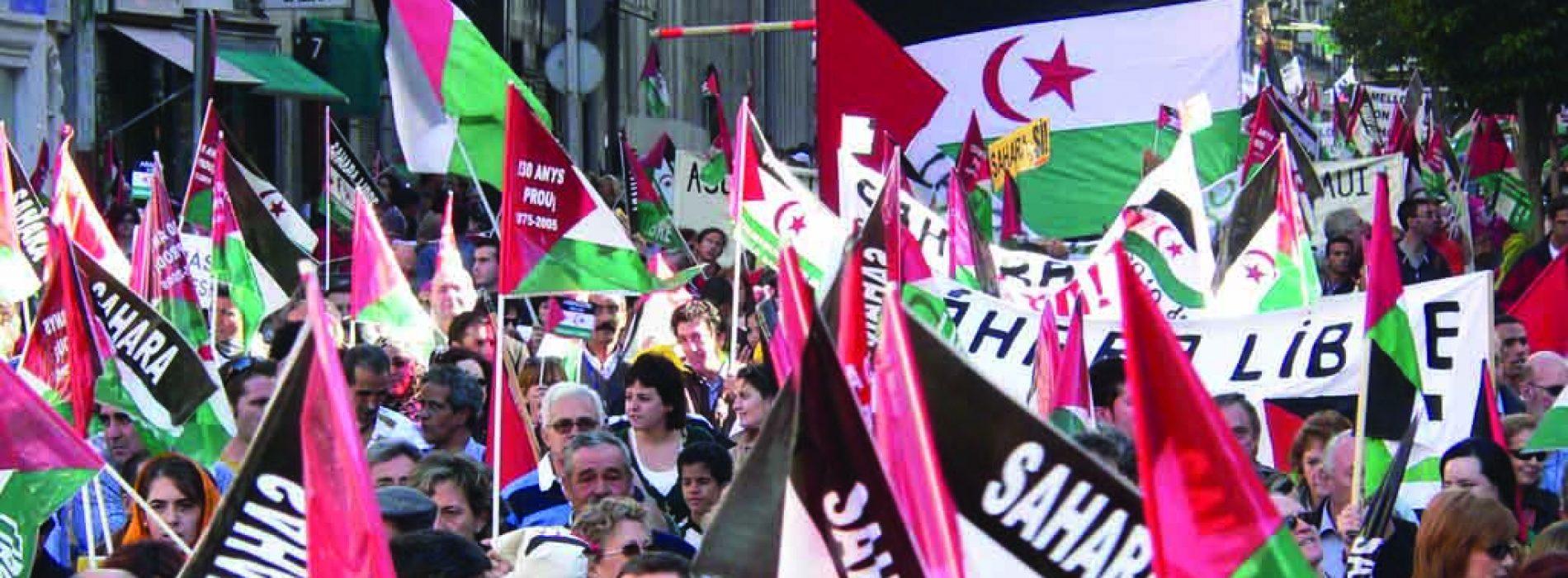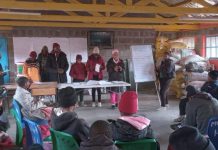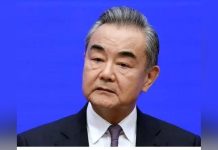Africa-Press – Lesotho. Lesotho’s foreign policy is anchored on multilateralism. This means that Lesotho works with other countries to determine common positions on international matters.
This approach is particularly advantageous to vulnerable states like Lesotho as it leverages resources for engagement, increases the bargaining power of smaller countries and also accords a voice on important matters at a regional, continental and global level, speaking with one voice.
Without multilateral platforms, countries such as Lesotho would struggle to contribute meaningfully in shaping and participating on the global agenda on matters that directly affect them be it climate change, trade, world peace etc.
The super-rich and big nations would easily take advantage of our vulnerability. Lesotho cannot afford to act unilaterally on a number of matters at the international level without risking to be overrun by superpowers due to constraints such as size, geography and economic leverage.
The fact that we are landlocked and other dynamics makes us extremely vulnerable. Poverty remains our biggest enemy. So working with like-minded countries to strive for global consensus on pertinent international issues gives Lesotho an advantage which would otherwise not exist.
This is why institutions such as SADC, the African Union, the United Nations, the World Trade Organisation and others are important to Lesotho because they help formulate common positions and visions on global matters.
Hence Lesotho’s foreign policy is best described or defined as multilateralism. SADC and the AU have taken a stand that Western Sahara which is the last country still colonised on the continent be freed from the Kingdom of Morocco.
The African Union has gone further to give Western Sahara a status of a full member. The AU took this position after its own member countries, of which Lesotho is part, and regions including SADC resolved that it was the right thing to help the people of Sahrawi to be independent.
Morocco which is the coloniser at one point, even left the AU to join the Arab League in protest over the status given to Western Sahara or Sahrawi as it is rightly called.
Lesotho on its Independence Day took a sad decision that it no longer believes that Western Sahara has been colonised, it decided to play what it calls a neutral stance between the two countries by withdrawing and suspending all statements that recognise Western Sahara and instead decided on encouraging implementation to resolution 244 of the UN Security Council that encourages dialogue.
Why Lesotho chose to issue such a note on its Independence Day defeats one’s understanding. Lesotho’s position means that it has gone against its own policy of multilateralism because it’s initial position was informed by engagements and consensus reached at SADC and AU summits.
Lesotho has now abandoned its policy stance and opted to adopt that of Morocco, the coloniser. We understand that Lesotho’s change in policy position is informed by the fact that a number of Lesotho ministers have been invited to Morocco and they are signing MOUs.
We also learn that our own Minister of Foreign Affairs is a regular there as well. This puts Lesotho in a vulnerable state because its own safety and statehood lies in the numbers provided by other countries.
If Lesotho had not adopted this policy direction, it would not exist today. What kept Lesotho safe for the longest time during the era of apartheid in South Africa was our strength which relied on the numbers provided by our alliance with others.
Did we sacrifice an important foreign policy position that kept us alive and relevant in pursuit of short-term interests? Did we not sell our souls to the highest bidder? We understand that Morocco is giving countries incentives to side with it in what seems to be a David and Goliath’s war. Even today, Lesotho’s statehood is guaranteed by the policy. SADC and AU are apparently asking Lesotho to clarify its stance on the matter.






